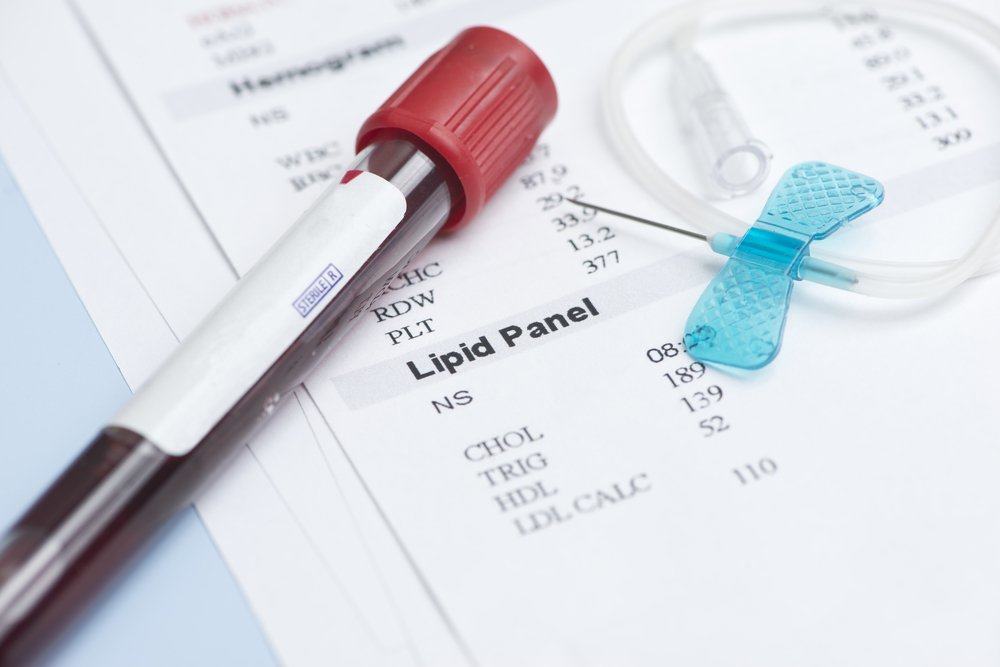Contents:
- Medical Video: Endometriosis
- The risk of sexually transmitted infections due to having sex during menstruation
- Why is the risk of developing venereal disease higher when having sex during menstruation?
Medical Video: Endometriosis
It is important to have safe sex when you are menstruating, because you can still get or transmit sexually transmitted diseases, such as HIV, according to the Centers for Disease Control and Prevention. Not all sexually transmitted diseases are transmitted in the same way. Menstrual-related infections are blood-borne infections, such as HIV. We can find this virus in the blood, and during menstruation, there will be more blood that allows the sex partner to get the virus. That might happen, even if you practice sex properly.
The risk of sexually transmitted infections due to having sex during menstruation
Menstrual sex can increase the risk of heterosexual HIV transmission. There will be exposure to blood during intercourse. Even more surprising is that there is evidence that showing menstrual sex is also associated with an increased risk of other sexually transmitted diseases.
Lauren Streicher, MD., A clinical lecturer in the obstetrics and gynecology association at Northwestern University Feinberg School of Medicine in Chicago, said two reasons for this risk. "Every body fluid carries HIV or other diseases, and during your menstrual period, the cervix will open slightly, allowing the virus to pass through it," he said. "My message to women is, you won't be safe if you don't use protection."
You may also be more susceptible to several other infections during menstruation. The vagina maintains a pH level of 3.8 to 4.5 throughout the month, according to the American Congress of Obstetricians and Gynecologists (ACOG). But, during menstruation, the pH level is higher than the blood, so that microorganisms can develop more rapidly.
Why is the risk of developing venereal disease higher when having sex during menstruation?
Why does the risk of venereal disease also increase during sex during menstruation, even for sexually transmitted diseases (STDs) that are not transmitted through blood? Here are some of the theoretical reasons:
- The number of pathogens varies according to the menstrual cycle. This explanation makes sense, but this is not proven. In one study, the amount of cytomegalovirus (CMV) spread, which is not herpes, has been shown to vary cyclically. However, the maximum spread of the virus is in the luteal phase, and it does not occur during menstruation.
- Blood flow acts as a carrier of other viruses and pathogens. Physiological changes during menstruation can increase women's vulnerability to infection. In addition, menstrual blood can also increase bacterial growth.
- A woman's cervix is more open during menstruation. Therefore, you may be more susceptible to cervical and upper uterine infections. However, there is conflicting data about whether increased infection and pelvic inflammatory disease (PID) is associated with sex during menstruation or just before menstruation. Increased infection may often occur a week after menstruation, but it can be that the existing infection will rise into the uterus and become a PID symptom during menstruation. This can occur even if sexual activity causes an infection to occur later.
- Women who have menstrual sex tend to have lots of sex and have more sexual partners. This can also increase the risk of venereal disease in ways that have nothing to do with menstruation. There are several studies that show that women who have sex during menstruation have a higher risk of sexually transmitted diseases than HIV. However, there are also data that show that women who have sex during menstruation are usually more sexually active. They have sex more often and also have more sexual partners than women who choose to distance themselves from sex during menstruation. So, women who have sex during menstruation may be at a higher risk of venereal disease.
- Menstrual blood exposure causes skin irritation and inflammation. This can increase susceptibility to infection. Menstrual blood can be an irritant for some people. Skin irritation can increase susceptibility to various infections. In fact, there are data that women may be more susceptible to vulvar skin irritation during their period.
- Menstrual blood can also dilute the effects of natural and artificial lubricants. This can increase the risk of torn skin and other skin damage that affects the risk of venereal disease.
READ ALSO:
- Recognizing Various Types of Sexual Harassment: Not Only Rape
- Do you need to use a condom during oral sex?
- Sex: Healing or Even Aggravating Headaches?












